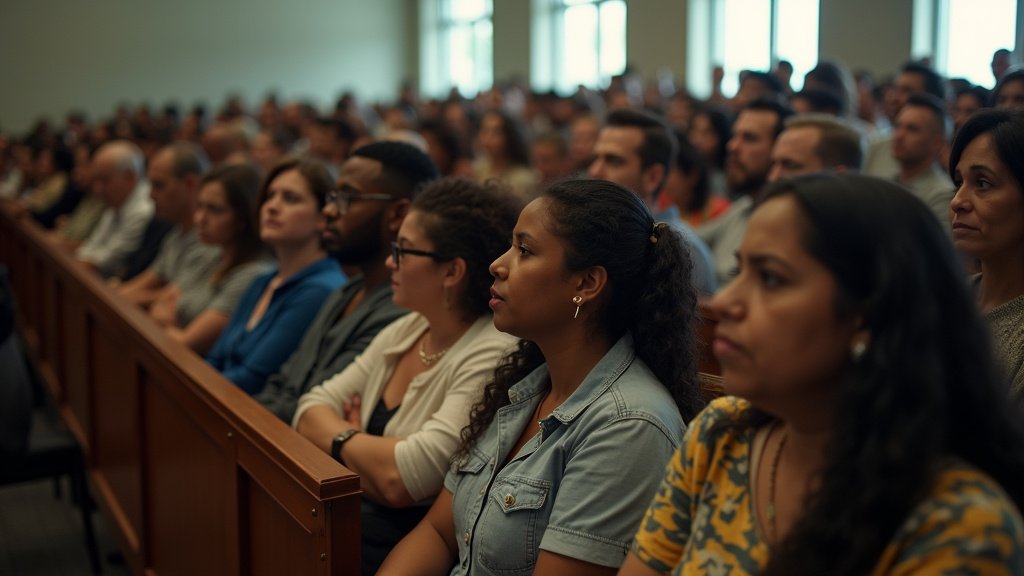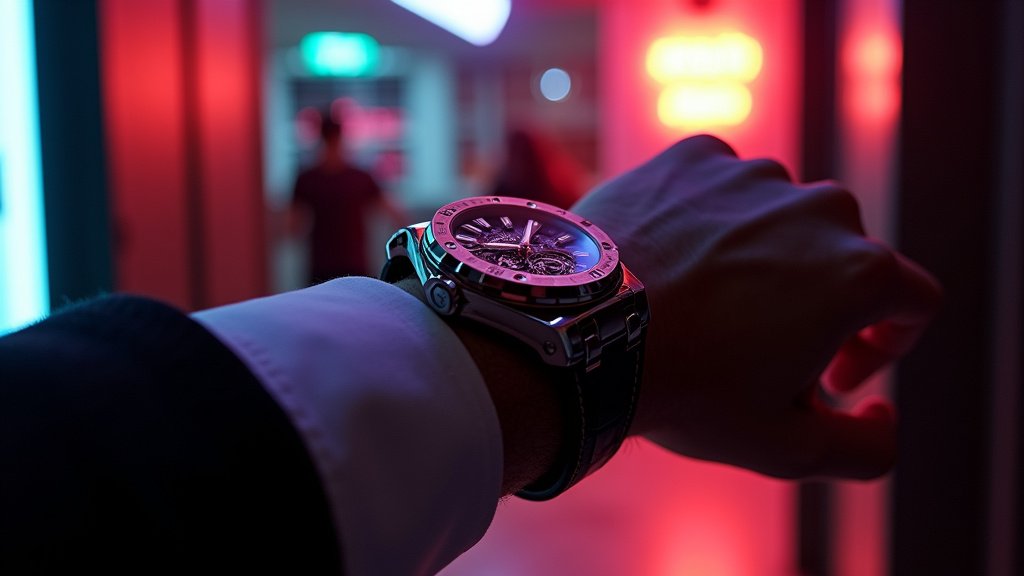Miami-Dade County witnessed a profound demonstration of community resilience on Thursday, as hundreds of residents from Sweetwater’s Li’l Abner Mobile Home Park appeared in court. Their presence marked the formal commencement of a mass trial, a critical juncture in their protracted, months-long fight to contest a sweeping eviction effort that threatens to displace an entire community.
The unprecedented gathering underscored the high stakes involved for an estimated 300 families who call Li’l Abner home. This ongoing legal battle is not merely a localized dispute; it is rapidly becoming a trending story, reflecting the escalating housing crisis gripping the region and the nation. The outcome of this trial in Miami could establish significant precedents for mobile home park residents across Florida.
A Community Under Siege
For months, the Sword of Damocles has hung over the residents of Li’l Abner. The eviction notices, part of a broader development plan for the highly sought-after land in Sweetwater, have cast a long shadow of uncertainty and anxiety. Li’l Abner Mobile Home Park has long been a bastion of affordable living in an increasingly expensive Miami landscape. For many, it represents not just a dwelling but a generational home, a community built on decades of shared experiences and mutual support. The very fabric of this tight-knit community is now under threat, prompting a collective and determined stand against displacement.
The pre-existing months-long eviction effort has forced residents into a constant state of vigilance and fear. Families have grappled with the agonizing question of where they would go if forced from their homes. For a significant portion of the park’s population, particularly seniors and those on fixed incomes, the prospect of finding comparable, affordable housing in Miami-Dade is daunting, if not impossible. The economic realities of the region mean that few, if any, alternatives exist that would not force them far from their jobs, schools, and established support networks.
The Battle for Sweetwater Homes Begins in Court
Thursday’s court appearance was a stark and emotional demonstration of the residents’ resolve. The sheer number of people present highlighted the collective nature of the crisis, transforming what might otherwise be a routine legal proceeding into a powerful symbol of resistance. As hundreds of residents packed the courtrooms, the atmosphere was thick with a mix of apprehension and unwavering determination. They stood united, each individual case contributing to the overarching narrative of a community fighting for its right to remain.
This is a mass trial, meaning the court is attempting to address the legal challenges of multiple residents simultaneously, reflecting the coordinated nature of the eviction notices they received. The goal of the residents is to contest the validity and legality of these eviction efforts, seeking to prove that their rights as long-term tenants and homeowners within the park have been infringed upon. Their legal strategy focuses on preserving their homes and way of life, challenging the premise of the eviction and the procedures followed by the park ownership.
Broader Implications for Affordable Housing in Miami-Dade
The struggle at Li’l Abner Mobile Home Park transcends the boundaries of Sweetwater. It is a microcosm of a larger, systemic challenge facing communities across South Florida. Mobile home parks often represent the last vestiges of genuinely affordable homeownership in rapidly developing urban areas. As land values skyrocket, developers increasingly eye these properties as prime locations for higher-density, more lucrative projects.
This phenomenon places immense pressure on mobile home park owners, who may find it more profitable to sell their land for redevelopment than to continue operating a park. The resulting evictions, as seen in this news story, underscore a critical policy debate: how to balance property rights with the profound human cost of displacement, particularly for vulnerable populations.
The ongoing legal proceedings in Miami-Dade will be closely watched by tenant advocacy groups, urban planners, and residents of other mobile home parks facing similar threats. The outcome could significantly influence future land development policies and tenant protection laws in the state. It highlights the urgent need for comprehensive solutions to preserve affordable housing options amidst relentless urban expansion.
What Lies Ahead
The court proceedings that began on Thursday are expected to be complex and protracted. The legal arguments will likely delve into various aspects of tenant law, property rights, and the specific agreements between the residents and the park’s ownership. For the residents, the coming weeks and months will be filled with continued uncertainty and the immense pressure of their future hanging in the balance.
Their sustained effort to contest a months-long eviction effort speaks volumes about their resolve. This mass trial is not just a legal battle; it is a fight for their homes, their community, and their place in Miami-Dade. The eyes of the community, and indeed the nation, will remain fixed on Sweetwater as this critical legal saga unfolds, determining the fate of hundreds of families and setting a potential precedent for affordable housing in one of America’s most dynamic, and challenging, real estate markets.
As the trial progresses, the resilience of the Li’l Abner community will be tested, but their unity in the face of immense pressure remains a powerful testament to their enduring spirit. This unfolding situation continues to be vital news for the entire region.





